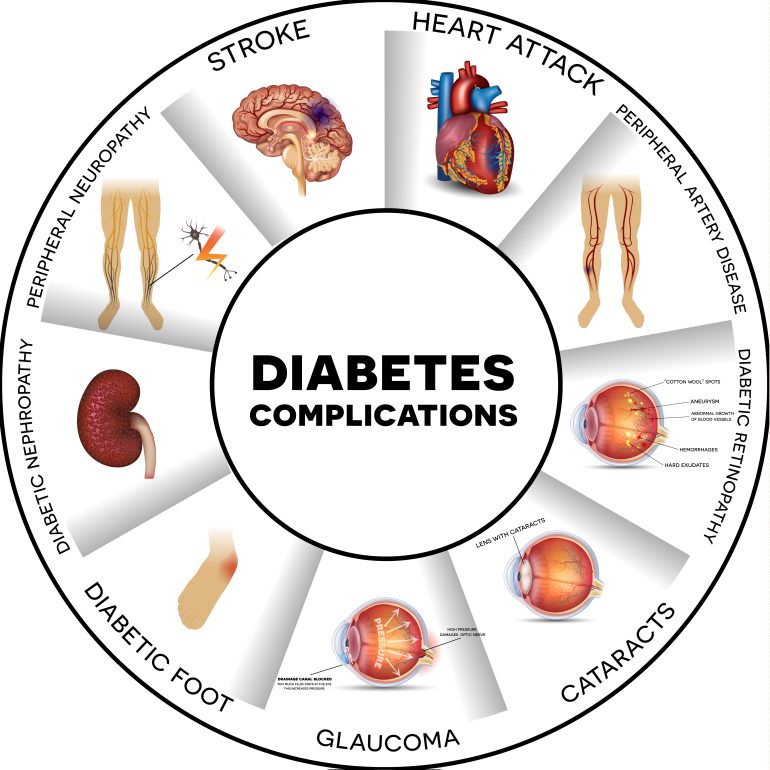In a recent study conducted by the University of Maastricht, alarming findings have come to light regarding the increasing prevalence of pre-diabetes among individuals aged 40 to 75 years. The research has revealed a concerning trend that demands immediate attention.
Pre-diabetes, a condition where blood sugar levels are elevated but not yet high enough to be classified as type 2 diabetes, poses a significant health risk. Individuals diagnosed with pre-diabetes are found to have a staggering nine times higher risk of developing type 2 diabetes compared to those with normal blood sugar levels. The implications of ignoring pre-diabetes are grave. Individuals in this stage are also at a heightened risk of developing serious health complications such as heart attacks, cancer, and damage to small blood vessels and organs. Furthermore, if left unmanaged, pre-diabetes can progress into full-blown type 2 diabetes, paving the way for a myriad of additional health issues.
What’s more concerning is that this condition is not limited to adults; even children and young adults are increasingly being diagnosed with pre-diabetes. In total, the study showed the blood sugar levels of over 1.4 million people are worryingly high.
The root causes behind this concerning trend can largely be attributed to unhealthy lifestyle choices, chronic stress, sedentary behavior, excessive alcohol consumption and poor dietary habits. The modern-day lifestyle characterized by long hours of sitting, processed foods laden with sugar and unhealthy fats, and mounting stress levels has contributed to the rise in pre-diabetes cases.
However, amidst these grim statistics lies a glimmer of hope. Pre-diabetes is a reversible condition, and by adopting healthier lifestyle habits, individuals can prevent the onset of type 2 diabetes and mitigate the associated risks. Lifestyle modifications such as regular physical activity, a balanced diet rich in fruits, vegetables and whole grains, stress management techniques, and limiting alcohol intake can play a pivotal role in preventing the progression of pre-diabetes to diabetes.
Public health initiatives aimed at raising awareness about the importance of early detection and intervention for pre-diabetes are crucial in stemming the tide of this burgeoning health crisis. Equipping individuals with the knowledge and resources to make healthier choices can significantly reduce the burden of pre-diabetes and its associated complications on both individuals and healthcare systems.
In conclusion, the findings from the University of Maastricht’s study underscore the urgent need for concerted efforts to address the rising prevalence of pre-diabetes. By promoting healthier lifestyles and facilitating early intervention measures, we can empower individuals to take control of their health, prevent the onset of type 2 diabetes, and ultimately lead healthier, more fulfilling lives.
